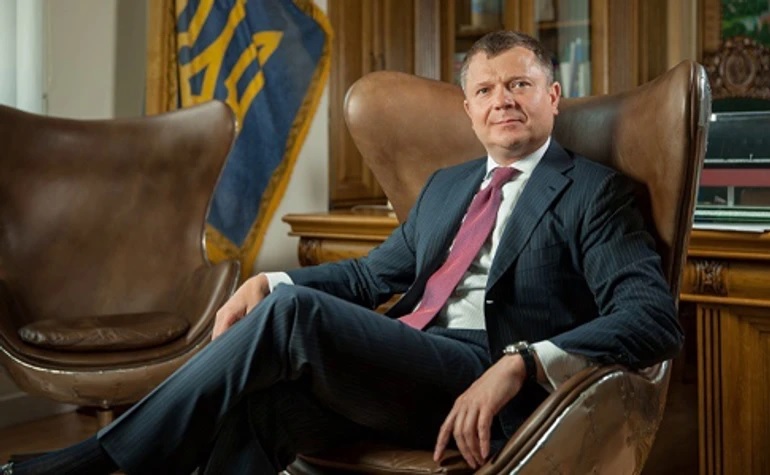Ukraine has received permission to investigate the case of oligarch Konstantin Zhevago in absentia: what does the HACC decision mean?
15 October 20:16
On October 15,the Appeals Chamber of the High Anti-Corruption Court (HACC ) allowed a special (in absentia) pre-trial investigation against Ukrainian businessman and oligarch Kostyantyn Zhevago, who is currently in France, reports "Komersant Ukrainian".
He is suspected of bribing former Supreme Court Chief Justice Vsevolod Knyazev in the amount of $2.7 million in exchange for a court decision in favor of a company controlled by Zhevago.
Thus, the court granted the appeal of the prosecutor of the Specialized Anti-Corruption Prosecutor’s Office (SAPO ) and overturned the previous refusal to conduct such an investigation.
What does “special pre-trial investigation” mean?
This is an in absentia investigation procedure that is conducted when a suspect is hiding abroad and does not appear before the investigating authorities.
The permit granted by the HACCU paves the way for the investigation to be completed without Zhevago’s presence and for the indictment to be sent to court.
As explained by the Anticorruption Action Center (AntAC), this decision was a key step for the businessman’s case to move forward after several months of legal stoppages.
Why Zhevago is still in France
Konstantin Zhevago has been in France since 2022.
He was detained in December 2022 at a ski resort near Chambéry at the request of Ukraine, which is looking for him in several cases, including the disappearance of $113 million from the Finance and Credit bank.
He was later released on €1 million bail, and in March 2023, a French court refused to extradite him to Ukraine.
The Paris Court of Appeal was supposed to reconsider the case on October 1, 2025, but the hearing was postponed on the initiative of the court itself, and a new date has not yet been set.
What is known about the bribery case
According to the NABU and the SAPO, in August 2023, Zhevago was notified of suspicion of bribing the Chief Justice and judges of the Supreme Court.
This is a case where the Supreme Court ruled in favor of a company related to the businessman, which concerned a corporate conflict with former shareholders of Poltava Mining and Processing Plant, one of the key assets of Ferrexpo Group.
Zhevago is suspected of influencing the court through a $2.7 million bribe. According to the investigation, the money was transferred through intermediaries.
Who is Konstantin Zhevago?
Konstantin Zhevago is a Ukrainian businessman, former MP, and owner of the London-based Ferrexpo company, which produces iron ore pellets.
According to Forbes, as of 2022, his fortune was estimated at $1.4 billion, making him the fifth richest Ukrainian.
The businessman has repeatedly been the focus of anti-corruption investigations, starting with the Finance and Credit case, where hundreds of millions of dollars disappeared, and ending with suspicions of attempts to influence court decisions.
What property has been seized
Ukrainian law enforcement officers seized the property of Zhevago and his companies, including
- shares in companies worth hundreds of millions of hryvnias
- corporate rights of several companies
- 26 real estate objects;
- 14 property complexes;
- more than 30 non-residential premises and 10 apartments.
Some of the assets were transferred to ARMA (the National Asset Recovery and Management Agency) back in 2020.
What happens next
After the HACCU decision, the SAPO and NABU will be able to complete the investigation in absentia, and then send the case to court.
If the court finds the evidence sufficient, Zhevago may be tried without his presence.
The decision of the French courts on extradition will remain a parallel process that may determine the fate of the businessman himself.
As a reminder, Zhevago’s case is being investigated amid a high-profile anti-corruption scandal in the Supreme Court that erupted in May 2023.
At that time, NABU detained Chief Justice Vsevolod Kniazev on a $2.7 million bribe, which, according to the investigation, came from structures associated with Zhevago.
This episode was a turning point in the judicial reform, as it demonstrated the extent of corruption even at the highest level of the judiciary.









